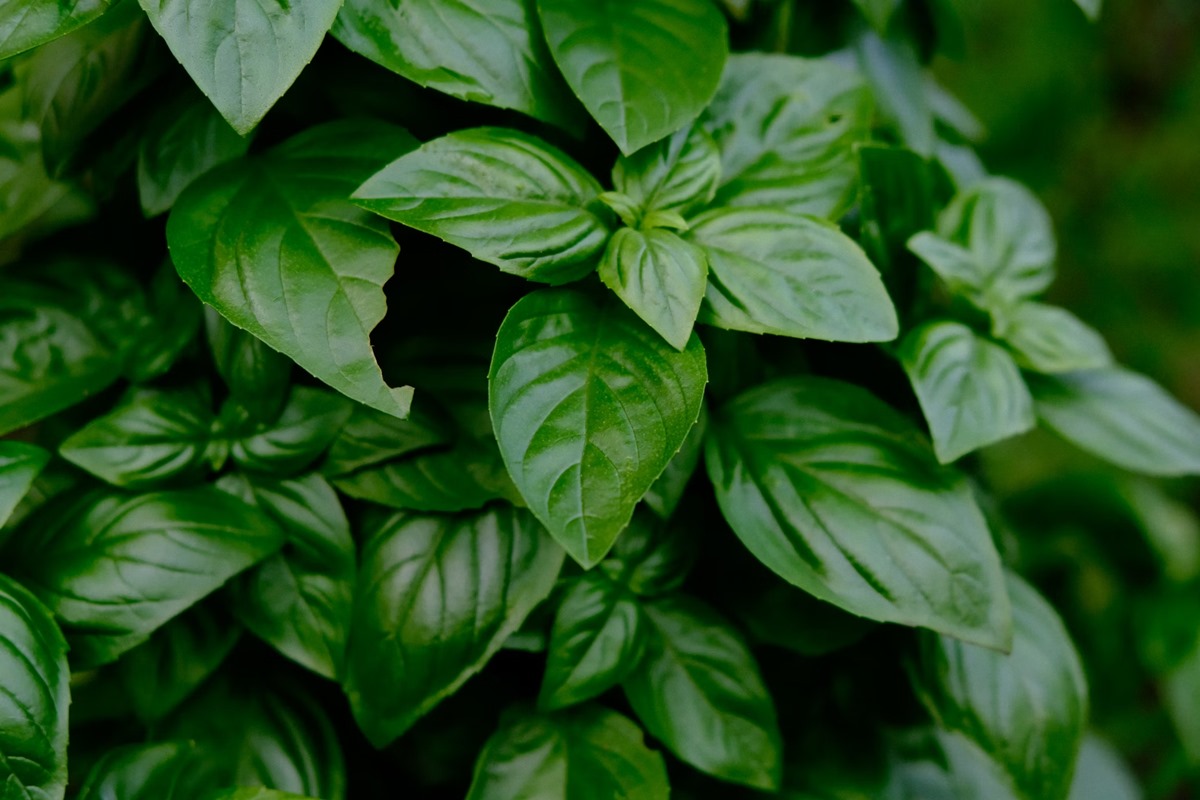With the rise in Dengue cases, protecting against mosquito-spread diseases in India is more crucial than ever. Chemical sprays and repellents are common, but concerns about their safety persist due to allergies and skin irritations. What’s the alternative? Some plants naturally repel mosquitoes. Here’s a list of mosquito-repellent plants to introduce to your home.
1. Lavender
Lavender, adored for its use in soaps, lotions, and essential oils, is also a potent mosquito repellent. It’s low-maintenance and thrives in various climates, making it an excellent addition to your garden.
Advertisement
2. Eucalyptus
Eucalyptus, with its natural mosquito-repelling properties, is a cost-effective and safe alternative to chemical repellents. You can use eucalyptus essential oil to create sprays or apply a diluted solution to your skin.
3. Citronella (Lemongrass)
Citronella, commonly known as lemongrass, is a well-known and easy-to-maintain mosquito-repellent plant. Often mistaken for grass, it’s an ideal choice for warmer climates.
4. Basil
Basil, a low-maintenance herb, serves as an effective mosquito repellent. You can plant it in your garden or keep it indoors. In Hindu households, Basil is also considered sacred, associated with Goddess Lakshmi.
5. Peppermint
Opt for peppermint plants as a natural alternative to chemical mosquito repellents. Keep them in your garden or indoors in pots. Dried peppermint leaves can be crushed and used under your bed or on your bedside table.
6. Sage
Sage plants can be grown indoors or outdoors, with crushed dried leaves or sage essential oil serving as effective mosquito repellents for your living room and bedroom.
7. Rosemary
Rosemary plants thrive in warm climates and can be indoors in pots. You can also use rosemary essential oil to keep mosquitoes at bay, provided the plant receives sufficient sunlight when indoors.
Introduce these mosquito-repellent plants to your home for a safer and more natural way to protect against mosquito-borne illnesses.
